Archive For The “Emergency Kits” Category
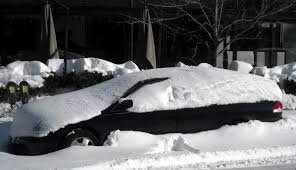
The harshness of the winter the country is experiencing emphasizes the importance of making sure that your vehicle is prepared for cold and inclement weather. There are two aspects of vehicle preparedness during the winter months: Maintaining your vehicle to reduce the risk of an accident, breakdown, or other problems; and having the right equipment…
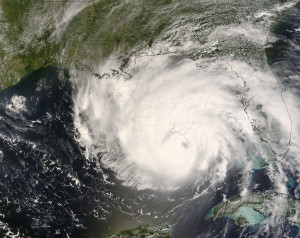
Hurricane season begins May 15 in the Pacific and June 1 in the Atlantic. Here are some things you should know about Hurricanes. Create an emergency communication plan with your family before a hurricane. Have emergency supplies in place at home, at work, and in the car. Check your insurance coverage, damages caused by flooding…
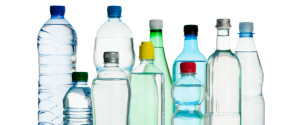
Water Storage Is Critical to Your Health Why is emergency water my responsibility? A person can only survive a few days without water. The easy availability of clean drinking water right now often makes us complacent about our need to store water. However, you cannot assume that the current water infrastructure will be…
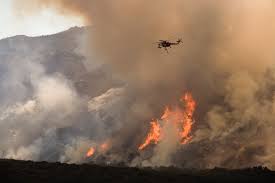
Before Wildfire Season- Make A Wildfire Plan Know your wildfire risk. Make a wildfire emergency plan. Build or restock your emergency preparedness kit, including a flashlight, batteries, cash, and first aid supplies. Familiarize yourself with local emergency plans. Know where to go and how to get there should you need to get to higher ground,…
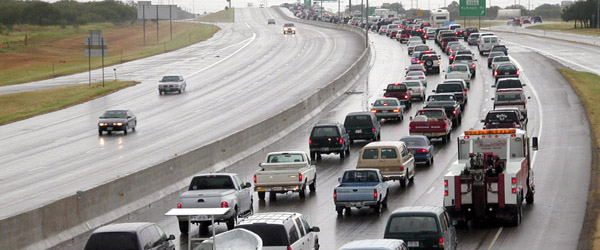
Evacuating Yourself and Your Family Prepare now in the event of an evacuation. Evacuations are more common than many people realize. Fires and floods cause evacuations most frequently across the U.S. and almost every year, people along coastlines evacuate as hurricanes approach. In addition, hundreds of times a year, transportation and industrial accidents release…

Admittedly, taking shelter in a vehicle may be an uncomfortable experience, particularly in very hot or very cold weather. Still, such discomfort is safer than possibly exposing yourself to chemical or radiological contaminants in the outside air. Having a portable disaster supplies kit in your vehicle could make the experience less unpleasant. The…

The appropriate steps depend on the emergency situation. If you hear a warning signal, listen to local radio or television stations for further information. You will be told what to do, including where to find the nearest shelter if you are away from your “shelter-in-place” location. Check with your workplace to learn their…

The appropriate steps depend on the emergency situation. If you hear a warning signal, listen to local radio or television stations for further information. You will be told what to do, including where to find the nearest shelter if you are away from your “shelter-in-place” location. If you are told to “shelter-in-place,” act quickly….

What is Shelter In Place? “Shelter-in-place” means to take immediate shelter where you are—at home, work, school, or in between. It may also mean “seal the room;” in other words, take steps to prevent outside air from coming in. This is because local authorities may instruct you to “shelter-in-place” if chemical or radiological contaminants…

A long-term food storage plan can help you in a variety of unexpected situations. Your family could face unemployment, long-term illness, a natural disaster or any of a number of personal or general emergencies that could prevent you from obtaining food from regular normal sources. It is prudent to have sufficient food supplies to…
